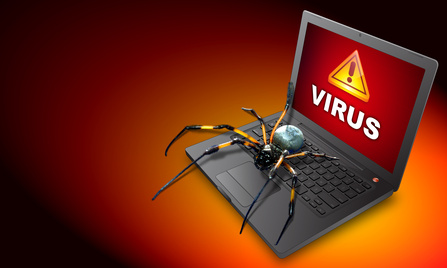Five Simple Ways to Speed Up Your Computer
 Backup your files- Before you do anything make sure to backup your files to ensure that important data is not jeopardised in the event of a crash or other malfunction. Most operating systems are equipped already with backup software; it is also a good idea to ensure you have a system restore point saved before commencing with any significant operations. Identify any files that you believe to be important, take your time and make sure that you include everything that you may need. Burn the files either to CD, DVD or USB flash drive, as a precaution I would always recommend making two copies, just in case one is corrupted or deleted. For businesses, some IT management services now offer remote back up options which enable you to back up your files via the internet, negating the need to keep track of tangible storage devices
Backup your files- Before you do anything make sure to backup your files to ensure that important data is not jeopardised in the event of a crash or other malfunction. Most operating systems are equipped already with backup software; it is also a good idea to ensure you have a system restore point saved before commencing with any significant operations. Identify any files that you believe to be important, take your time and make sure that you include everything that you may need. Burn the files either to CD, DVD or USB flash drive, as a precaution I would always recommend making two copies, just in case one is corrupted or deleted. For businesses, some IT management services now offer remote back up options which enable you to back up your files via the internet, negating the need to keep track of tangible storage devices
Maintenance- When people instinctively think about speeding up their computer, the first thing they consider is the software, what can be removed replaced or updated or the internal workings of the equipment. I think the first step to easily speeding up your computer or laptop is to address the hardware itself. First of all, optimize your computers performance by ensuring it is kept in a cool place. Check that the vents leading to the cooling fans are free from dust which could also cause overheating. Another tip would be to get hold of a can of compressed air cleaner which are often available at stationers or computer and office supply businesses. It is a very effective and ozone friendly way of cleaning the interior and exterior of your computer. Always make sure that your device is turned off before you start to clean it.
Remove Malware- Malicious software is not only a threat to your security but can also significantly affect the speed at which your system can operate. You should already have anti-spyware and anti-virus software enabled on your computer as well as a firewall. Industry experts recommend that you have at least two anti-virus and anti-spyware programs running, one continuously and one to perform intermittent scans
Remove unwanted programs- You’re computer may be full of programs that have been installed and then forgotten about, they are serving you no benefit and in fact are slowing down the overall speed of your computer. Most platforms like Windows offer an add or remove programs’ function which will compile a list of the programs currently installed on you machine. Check through this list carefully and remove those which are no longer of use or you do not intend to use in the future. Do not delete anything labelled as an update or hotfix.
Defragmentation- What does defragmenting your hard drive actually do? Well it is basically a process of putting things back where they belong. Files can be moved around or misplaced with or without your knowledge but by defragmenting you are re-ordering and replacing these files and thus ensuring that your computer can run more efficiently. Defragmenting your computer can take some time, especially if you have a lot of data so set aside a period of time to perform this action because it is also recommended that you do not use your computer in this time. Periodic defragmentation will help your computer run more smoothly so make sure to perform this task every so often.









